Blog
Teaching alternative economics in today’s world……
Every year we have taught a module called Globalization, Governance and Civil Society. This year I took it over and oriented it away from a focus on the problem (the usual suspects: financialized globalisation, neo-liberalism, rule by the 1%, inequality, poverty and ecological collapse) to a focus on ways of thinking about alternatives. Rooted in long-wave thinking, I tried to stitch together a framework of thinking that drew inspiration from across the spectrum – from the Marxists (like Harvey, who are not good when it comes to alternatives so not much to say), through the neo-Keynesians (e.g. Mazzucato), to the post-capitalists (Mason), and on into the ‘sacred economics’ camp (e.g. Eisenstein, Korten). I brought in the uncategorizable Brazilian radical Roberto Unger whose conception of change in still unparalleled and deeply empowering – but he is, of course, underappreciated largely because he seems to refuse to use anyone else’s language. I threaded some posthumanism (Braidotti) into the week, largely as a way of bringing in the discussion about ‘what is means to be human in today’s world’. If we want to reject homo economicus as a myth, we need a substitute – but what is that. I find the posthumanists the most satisfying when they point out that Vitruvian man’s other – the racialised, the sexualised and the naturalised – no longer exists because of postcolonial narratives that contest racialisation, feminism that contested sexualisation, and political ecology that contested naturalisation. So what does it mean to be human? Herewith some useful quotes from the week that students picked up on their essays:
“The human of Humanism is neither an ideal nor an objective statistical average or middle ground. It rather spells out a systematized standard of recognizability – of Sameness – by which all others can be assessed, regulated and allotted to a designated social location. The human is a normative convention, which does not make it inherently negative, just highly regulatory and hence instrumental to practices of exclusion and discrimination. The human norm stands for normality, normalcy and normativity. It functions by transposing a specific mode of being human into a generalized standard, which acquires transcendent values as the human: from male to masculine and onto human as the universalized format of humanity. This standard is posited as categorically and qualitatively distinct from the sexualized, racialized, naturalized others and also in opposition to the technological artefact. The human is a historical construct that became a social convention about ‘human nature’. My anti-humanism leads me to object to the unitary subject of Humanism, including its socialist variables, and to replace it with a more complex and relational subject framed by embodiment, sexuality, affectivity, empathy and desire as core qualities.” Braidotti , Rosi. The Posthuman (p. 26). Wiley. Kindle Edition.
‘Only a crisis – actual or perceived – produces real change. When that crisis occurs, the actions that are taken depend on the ideas that are lying around. That, I believe, is our basic function: to develop alternatives to existing policies, to keep them alive and available until the politically impossible becomes politically inevitable.’ ~ Friedman, 1962 (in Konzelmann 2011). Konzelmann, S. 2011. Anglo-saxon capitalism in crisis? Models of liberal capitalism and the preconditions for financial stability. Working paper no. 422. Centre for Business Research, University of Cambridge.
“Moreover, the political economy of global capitalism consists in multiplying and distributing differences for the sake of profit. It produces ever-shifting waves of genderisation and sexualisation, racialisation and naturalisation of multiple ‘others’. It has thus effectively disrupted the traditional dialectical relationship between the empirical referents of Otherness – women, natives and animal or earth others – and the processes of discursive formation of genderisation/racialisation/naturalisation. Once this dialectical bond is unhinged, advanced capitalism looks like a system that promotes feminism without women, racism without races, natural laws without nature, reproduction without sex, sexuality without genders, multiculturalism without ending racism, economic growth without development, and cash flow without money. Late capitalism also produces fat-free ice creams and alcohol-free beer next to genetically modified health food, companion species alongside computer viruses, new animal and human immunity breakdowns and deficiencies, and the increased longevity of these who inhabit the advanced world. Welcome to capitalism as schizophrenia!” » Rosi Braidotti, Affirming the Affirmative: On Nomadic Affectivity, Rhizomes » Issue 11/12 (Fall 2005/Spring 2006)
“Fantastical? The mind is afraid to hope for anything too good. If this description evokes anger, despair, or grief, then it has touched our common wound, the wound of separation. Yet the knowledge of what is possible lives on inside each of us, inextinguishable. Let us trust this knowing, hold each other in it, and organize our lives around it. Do we really have any choice, as the old world falls apart? Shall we settle for anything less than a sacred world?” (Eisenstein 2011:202)
“In short, today’s performative failure can be part of the basis for tomorrow’s performative success, since all social conventions require iteration and repeat performance for their on-going force and credibility…however, this sort of performative chain can be gradual, discontinuous and spread out over months and years, rather than over seconds and minutes. Its social life is hard to predict, but it is possible to make some characterizations of this sort of event post facto.” (Appadurai 2011:9)
On and beyond Chomsky
In this article, we see our crazy world through the 81 year old eyes of Noam Chomsky – the ultimate iconoclast. Without him sweeping away the intellectual debris that clutters up our minds, thinking solutions would be impossible. But don’t expect him to generate those solutions – that is not what most left wing intellectuals do. And that is also why the left has failed to take the gap during the post-2007 era to posit a real alternative to Neo-Liberalism.
South Africa’s water crisis
Anthony Turton has for years warned about South Africa’s water crisis, and very little has been done in response. Now he is being proven correct. See this report on a recent talk he did. I am really struck by the statement that in the water sector there is no equivalent of a ‘black out’. Whereas a ‘blackout’ is how we manage and protect the grid that cannot meet demand, in the absence of a similar mechanism in the water sector the result is system breakdown. Read this article on Polity: http://m.polity.org.za/article/acid-mine-water-quick-fix-possible-as-water-deficit-looms-oppenheimer-de-beers-told-2016-10-19
HSRC Workshop on Universities as Urban Anchor Institutions
Attending today a workshop in Cape Town hosted by HSRC on the role of universities as anchor institutions in urban development. Main speaker is David Perry, a US-based academic who has extensively studied the way US Universities have become active agents of urban change and redevelopment. Core concept is that Universities, unlike businesses, are not footloose – they don’t go anywhere, no matter what happens to the city. This is what makes them ‘place-based institutions’ that have enormous untapped potential to become major activators of urban redevelopment. Many projects were discussed, from building-specific projects to neighbourhood-wide redevelopment planning. It is clear that this framework is definitely applicable to South African Universities. At Stellenbosch we have been trying to do this via the Rector-Mayor Forum since 2005, but political instability or incompetent political leadership has thwarted major progress. There is now new hope since the last elections because the mayor we now have has a good reputation as stable sensible decision-maker – if this is true, this would mean we now have the opposite of what we had before the elections when Stellenbosch Municipality was led by Conrad Sidego who failed to understand the basics of municipal governance and what integrated spatial planning really means. His leadership style resulted in the fragmentation of the DA’s core leadership and the retrenchment of some of the most capable municipal officials in South African local government. Interesting question for me is how one reconciles the role of the University in urban development as an institution (represented by University management) and the role of academically autonomous engaged academics. What may be in the interests of the University as a property owner with financial backers may not be appropriate from the perspective of progressive academics interested in social justice (in particular integration), economic redistribution and ecological sustainability. I am doing a presentation reflecting on ten years of the Rector-Mayor Forum – yes, I have been sitting in this forum since 2005! Wow, that is hard to believe – I wonder whether the time spent has been worth it. I will be talking about the Spatial Development Framework we drafted, and the iShack social enterprise. But I guess I must admit, without being involved in this process over the past ten years I doubt we would have evolved our sophisticated approach to transdisciplinary research which is the core of the Centre for Complex Systems in Transition which I am now the Co-Director of.
Decolonising learning at the Sustainability Institute
An insightful student who is finishing the course work component of the masters degree in sustainable development that I coordinate, reflected in his learning journal on the dynamics of group work over the course of the 8 modules he has done. He discovered that where the groups were gender balanced, the marks were higher. His reflection on the reason is worth quoting: “Male-dominated groups tend to hone in on one solution quickly, do not explore other possible ideas enough and discard different suggestions quickly. Female-dominated groups are very creative but explore and accommodate too many ideas, make things personal and at times lose focus. Gender balanced groups tend to, both intentionally and unintentionally, draw on these generalized male-dominant and female-dominant tendencies, when appropriate, to their benefit.” This is very interesting to me. Our students are required to work in groups of 3 to 4 people over the course of their week-long modules, ending in a group presentation on the last day (Saturday morning). We do not allocate them to groups. We invite them to self-select themselves into their groups, with a gentle prod to be conscious of racial and gender balance. It does not always work.
There has also been a mild backlash this year, with some students suggesting we allocate them into groups because, they say, our system can result in inequalities because well-educated students with good presentation skills (and this is NOT code for ‘white students’ in our case) know how to quickly assemble like-minded high performers to get good marks.This student comments on this, calling this practice “distasteful”, admitting frankly this is what he has done during his most recent modules. But what I found interesting was his reflection on the discriminatory implications of accents. He writes: “Does race matter? Yes. Especially in South Africa. My private school accent largely shields me from overt racism. I am often afforded the courtesy I have seen South Africans in general give to English-speaking Western visitors of all racial hues. “Where are you from? You do not sound like a South African” is a constant refrain I hear. My township-schooled colleagues with their “black” accents however, assert that on one or two occasions they were racially discriminated against and undermined in their groups. Listening to their stories and how they resolved their issues I have no reason to dispute their claims.”
This student’s experiences seem to vindicate our approach, i.e. he experienced a diversity of groups that may not have happened if he had benefited from politically correct group allocations by academic staff. However, his suggestion that academic staff improve their facilitation skills is well taken, especially when it comes to facilitating class discussion when the class composition is so diverse in racial, class and gender terms. The natural tendency for staff to gravitate towards the articulate must be vigorously countered. I get that, loud and clear.
His beautiful conclusion is as follows: “Over time I am expectant that group members will improve their abilities to work with those of different races and gender and will hone their skills in assigning commensurate responsibilities to the shy, the brash, the engineer, the social scientist, the activist, the poet, the ambitious, the victim, the intellectual, the stupid, the hardworking, the lazy, the wise, the liberal, the neo-liberal, and the socialist – people different from themselves in countless ways.”
Thank you, my dear student, for your wise words!! This is what decolonising learning looks like in practice.
Just back from our Nepal – Comparative Studies in Sustainable Living
30th Anniversary of PLANACT – 26 August 2016
On Friday 26th August I was asked to give a keynote talk at the 30th Anniversay of Planact – an NGO that I helped establish in 1985 to support urban social movements that were invading land, leading rent and consumer boycotts and entering into negotiations with apartheid state structures at the local level. I was expecting a small group of the old-timers, but the room was packed for an all-day event with over 150 people, nearly all from local communities in the Gauteng, Mpumalanga and North West Provinces. The best part was meeting old comrades from the 1980s – in the pic on the left, from right is Basner Moloi from my days with the Katlehong Shop Stewards Council, then Abe Nyalunga who led the Tamboville land invasion (see pic on the right) and to my right is Moss Mayekiso, and next to him the current Director of PLANACT. The middle pic shows me sitting next to Frank Meintjies and Cas Coovadia who headed up the Civic Assocations of Johannesburg (CAJ). When I asked Abe what he does now he said “I’m an unemployed darkie.” These are the grassroots activists who did not make it onto the gravy train. My talk (see below) recounted how PLANACT began, including the story I have never told publicly about how Beyers Naude gave me a cheque of R10 000 to start PLANACT without a proposal or a request for a report. We started PLANACT to support the comrades in Langa, Uitengage, who were resisting forced removals. We supported the Tamboville land invasion on the East Rand and many others. I concluded that it is time to go back to land invasions to stop the rich from stealing the public land. Once young councillor objected insisting we should be talking about good governance. I agreed, and then said if he dislikes land grabbing he should go out and put a stop to the mass sales of state-owned land by the parastatals that are currently underway. The issue now is now whether land grabbing should happen or not, but whether it happens for the rich of the poor. To date the land question has unfortunately been about rural land. Urban land has been ignored. And so much urban land is owned by the parastatals, especially TRANSNET. If we want to prevent captured parastatals from selling land to rich, the urban poor needs to invade this land. Legal methods can be used in parallel, but without mass action they are bound to fail. I made it clear these are my own views, and not the views of PLANACT.
Policy Brief on the iShack prepared for Development Bank of Southern Africa
The Sustainability Institute’s iShack business that emerged from research by postgraduate students is doing very well, including significant technology innovations. All this learning over three years has informed the formulation of a Policy Brief prepared for the Development Bank of Southern Africa. For a copy: Policy-Brief-6_Original-Series_Final.compressed
Beautiful poem by a student from my alternative economics course 2 weeks ago
Abri Albertyn, a student from a small town up the West Coast of the Western Cape, presented this poem at the end of the course I delivered two weeks ago on alternative economics:
In this life we wake up in a world that points you into a certain direction, it wants you to conform.
In this life, we all have something to offer, a special gift far beyond the norm.
We get taught to colour within the lines, we get told that our ideas are unrealistic, and will never work.
So we follow the herd and some even start to twerk.
We all have something unique to contribute to the bigger whole.
Why must we do this at the cost of our own soul?
In this module it has been established, time after time that our current ways, are wrong.
It is time, to rather build on what is good, in order to become strong.
It comes down to what we believe and what we base our decisions on, for the path ahead and beyond.
The current GDP has destroyed our once, very strong human and nature bond.
Lorenzo with his amazing talk on alternative economic systems, without one PowerPoint slide, talking straight, from and to the heart.
He had us all captivated for three hours, now that is a different form of art.
Art that only comes with passion, from within.
It’s the kind of passion we need, for a sustainability win.
An alternative economic culture is what we need…
Let’s be honest, we need it at a lightning speed.
The transition needed is more than just about a new economic system to put in place.
We need a cultural transformation, a consciousness shift, without leaving a destructive trace.
We have the skills, we have the knowledge, we have the heart, spirit and soul.
Diversity will be key, in realizing our sustainability goal.
What we do here every day, we do the best we can, we believe in a better way, but we get judged, criticized and we sometimes even doubt ourselves, we contemplate.
BUT let’s remember one of the wisest sayings: Haters gonna hate.
Let us not stop on our journey on the pursuit of happiness and living our lives based on what is real.
Let us live our lives based on love, because in the end it is all about what we feel.
“So you drive the latest Lambo and sleeping with the new Victoria Secret model, thinking you are happy, it is all for show…
Let me know if you are still happy in two months, bro.
Living as consumers will always keep us chasing after a shiny carrot, always on the go…
Leaving us with no time to grow…
We are capable of creating a new reality, allowing everyone to fulfil their purpose in this life and experience true happiness, to thrive.
We all have a role to play and a greater whole towards which, we should strive.
A more Share-holder centric economy is required to ensure the well-being of all.
We will achieve this by not listening to the nay Sayers and keep on standing tall.
Mark, you are the founding member of this sustainability institute, thank you for being like an indestructible tank in the name of sustainability, being for many a hero…
Without you in this field, my inspiration would still be close to zero.
Boys and girls, ladies and gentlemen, all I can say is that I feel privileged to be a part of this transition that we are going to achieve and create a better future for all.
We all know, there is a better way and we will always be in this together until the day we fall.
BUT fall we will not, because we have diversity on our side.
Into an Era of Sustainability, we will all walk together, with pride.
Message from the Chairperson of the Lynedoch Ecovillage Homeowners Association
Iain Harris, Chairperson of the Lynedoch EcoVillage Homeowners Association, delivered an amazing message about what he appreciates about the Lynedoch Ecovillage. After not living in Lynedoch for over a year, it just loved reading this extra-ordinary reflection on his experience and how he sees the village now and where it could be heading.
To download:agm2016reportfromthechair

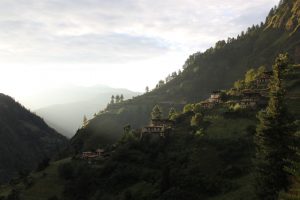
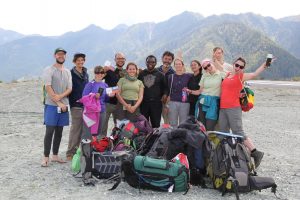
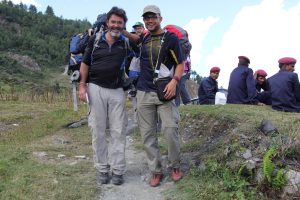
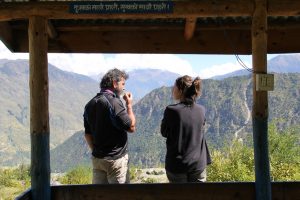

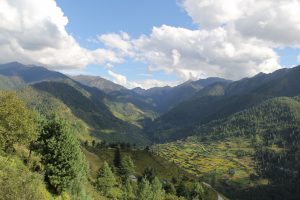
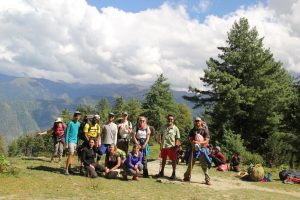
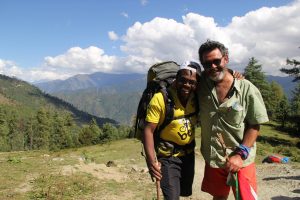
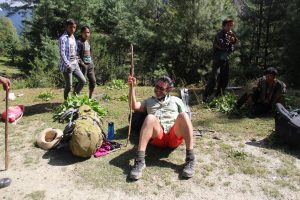
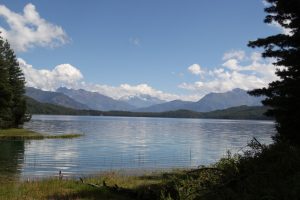
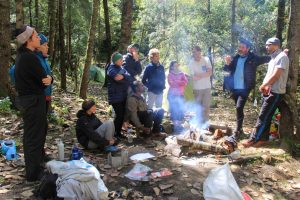
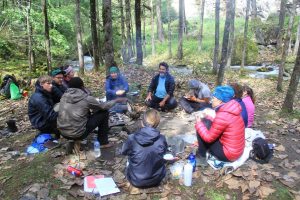
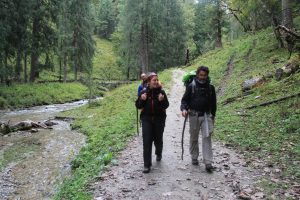
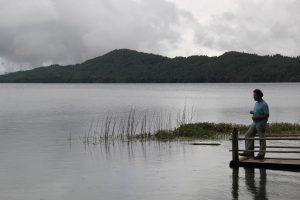
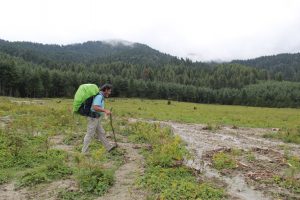
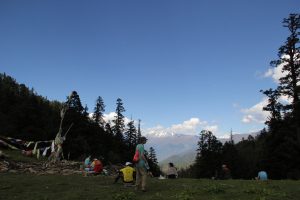
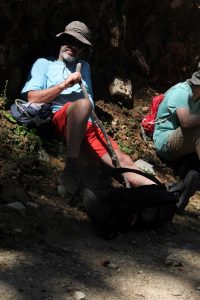
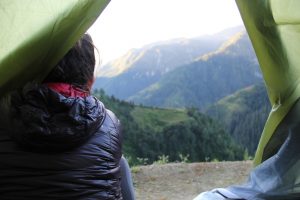
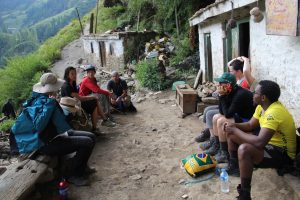
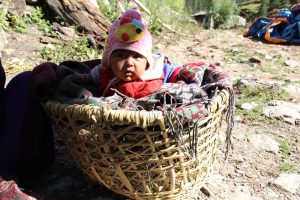
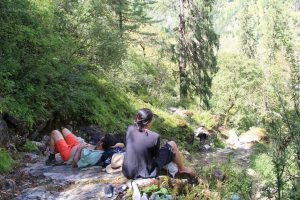
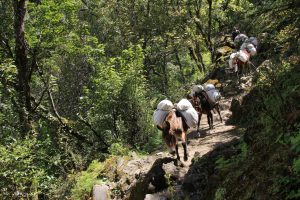
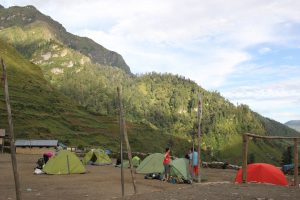
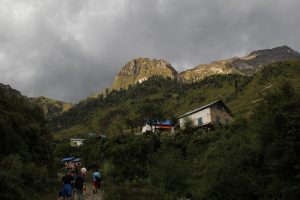
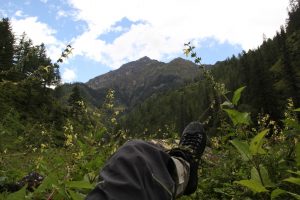
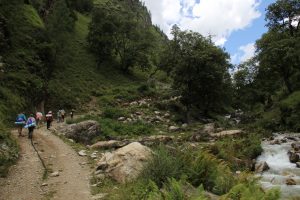
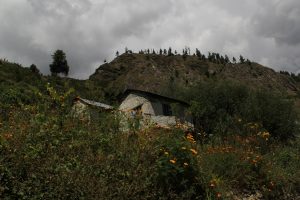
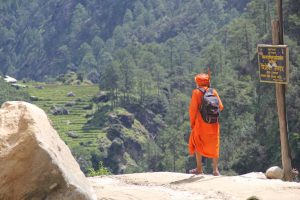
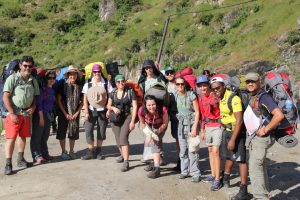
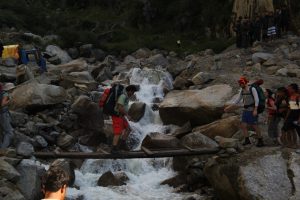
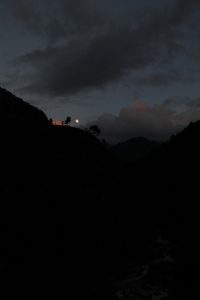

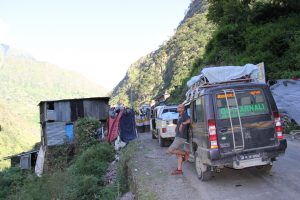
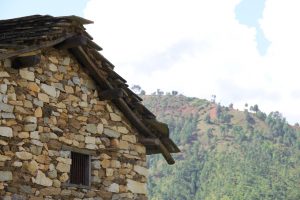

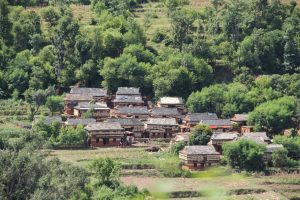





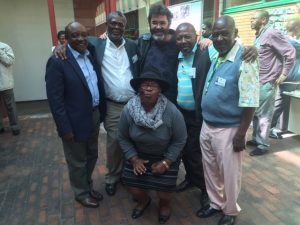
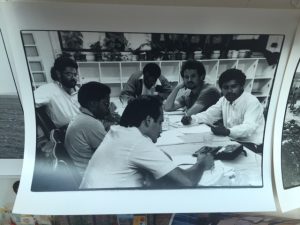

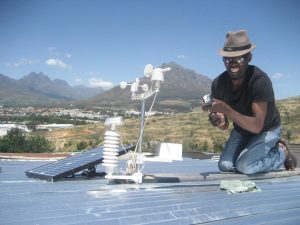
Recent Comments